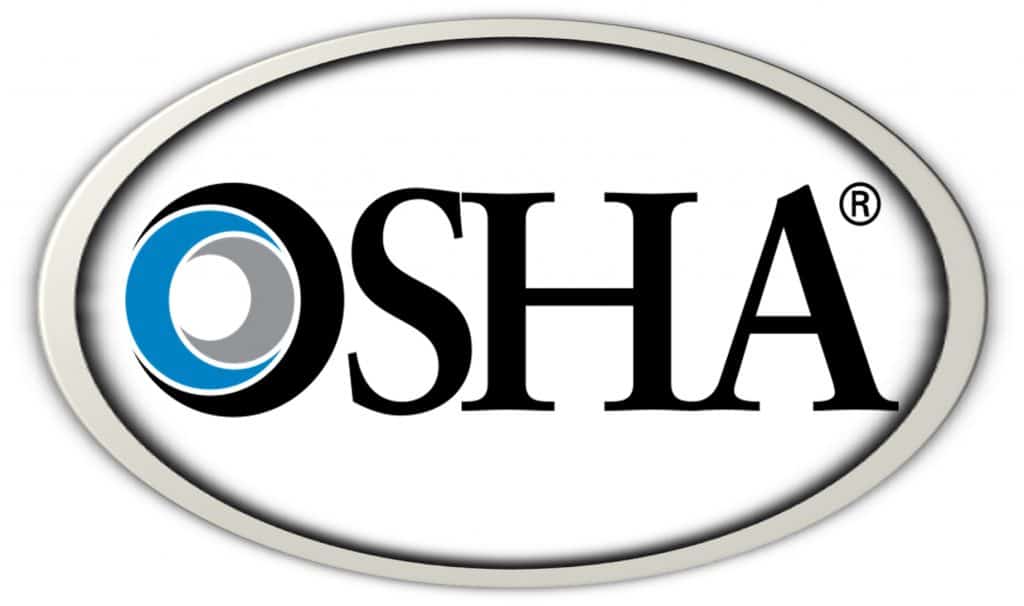
WASHINGTON, D.C. – The U.S. Department of Labor’s Occupational Safety and Health Administration (OSHA) has posted new frequently asked questions (FAQs) on the agency’s standard for respirable crystalline silica in general industry.
OSHA developed the FAQs in consultation with industry and union stakeholders to provide guidance to employers and employees on the standard’s requirements, such as exposure assessments, regulated areas, methods of compliance and communicating silica hazards to employees. The questions and answers are organized by topic and include an introductory paragraph that provides background information about the regulatory requirements.
Visit OSHA’s silica standard for general industry webpage for more information and resources on complying with the standard.
Silica dust, when inhaled, affects the lungs and can be a contributor to the development of lung cancer, silicosis, chronic obstructive pulmonary disease and kidney disease in workers. It is of potential concern to rail workers as the dust created from the passage of trains over track ballast containing silica could become airborne and be inhaled.
Under the Occupational Safety and Health Act of 1970, employers are responsible for providing safe and healthful workplaces for their employees. OSHA’s role is to help ensure these conditions for America’s working men and women by setting and enforcing standards, and providing training, education and assistance. For more information, visit www.osha.gov.
Related News
- Safety Starts With Us
- BNSF Seeks Dangerous RCO Waiver
- Mourning the Loss of Brother Benjamin Bicknell
- I’m Not Qualified =’s I’m Not Doing It!
- Train Lengths Would Be Capped Under New Arizona Bill
- Senate Hearing Highlights the Good, the Bad, and The Ugly of RRB
- On-Duty Assault Leaves Amtrak Conductor Facing Financial Hardship
- Transit Equity Day: Remembering Rosa Parks
- Railroads Have Short Memories: East Palestine 3 Years Later
- RIDER Safety ACT Aims to Curb Transit Assaults Nationwide